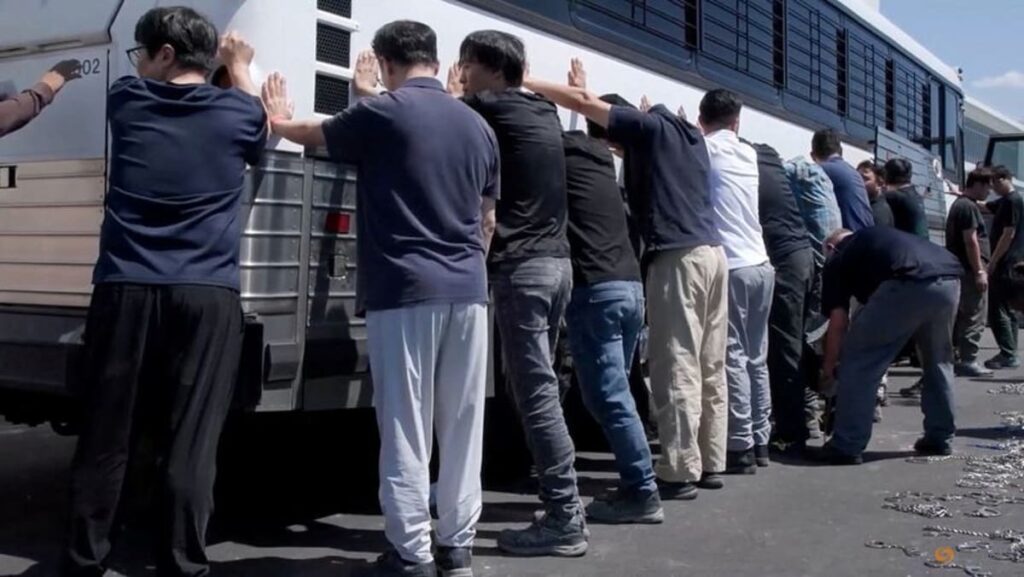CAN SOUTH KOREA GO ITS OWN WAY?
Among US allies, South Korea is perhaps the best-positioned to hedge against a more unpredictable America. European North Atlantic Treaty Organization (NATO) states have underinvested in hard power for decades and will need years to safely de-link from the US. Japan is in a similar state.
But South Korea has long spent far more on its military than these other US partners. It has a large, high-quality defence industrial base. Unlike most US allies, it can rapidly produce large amounts of ammunition, helicopters, armoured vehicles and ships. All South Korean males are drafted, so it also has a militarily mobilised population.
And most controversially, South Korea has the capacity to quickly build nuclear weapons, and there is strong domestic consensus – over 70 per cent in public opinion surveys – to do so.
South Korea’s weakness is trade dependence. The country routinely runs a trade surplus with the US. This is widely seen as a triumph in the South Korean media, but it is not. South Korea suffers from chronic domestic underconsumption and produces more than it can consume locally, so it is dependent on foreign buyers.
This, in turn, means that it is economically vulnerable to the political caprice of its largest markets – China and the US. In the past, China has exploited this asymmetry, bullying South Korea over market access for geopolitical reasons. It is a new moment that America is now doing this too.
That South Korea is actually considering acceding to Mr Trump’s US$350 billion demand – on top of a 15 per cent tariff on Korean products entering the US – only highlights how disarticulated and dependent Seoul’s economy really is.
Read the full article here

